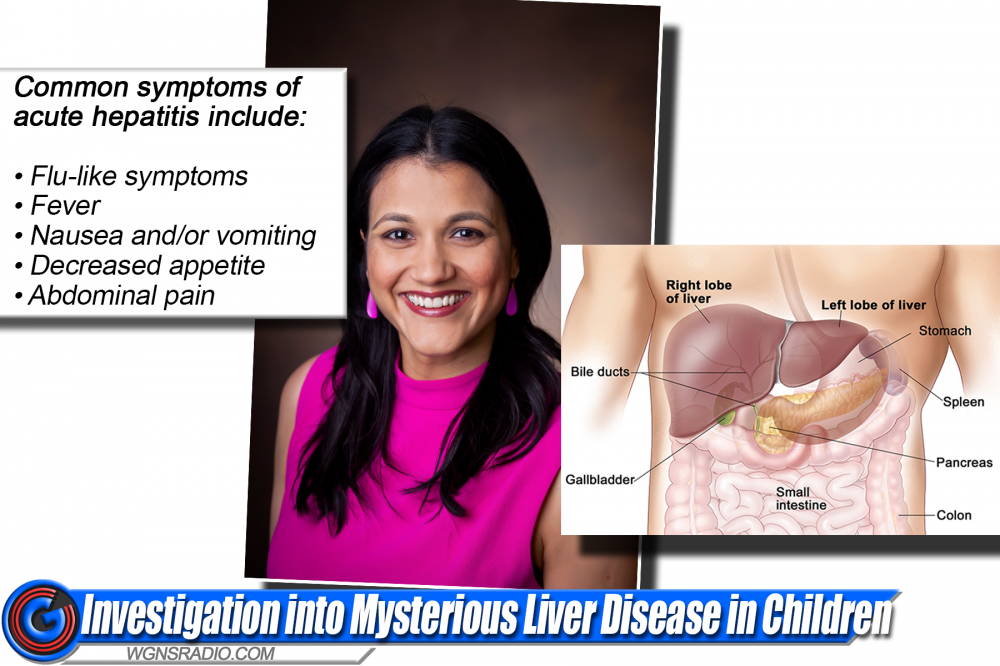Physicians at Monroe Carell Jr. Children’s Hospital at Vanderbilt are collaborating with the Centers for Disease Control and Prevention (CDC) and other hepatologists around the country to help figure out the origins of a mysterious liver disease affecting children ages 1 month to 16 years old.
Largely reported in Europe, the unusually high number of cases of acute hepatitis — severe inflammation of the liver— has been labeled “acute hepatitis of unknown origin.”
The World Health Organization (WHO) noted 169 cases of the illness around the globe. The mysterious outbreak, seen in previously healthy children with no underlying health conditions, has led to a few patients requiring liver transplantations due to liver failure and one confirmed death.
Children’s Hospital has treated several cases over the past few months. So far, all the patients at Vanderbilt have stabilized without requiring liver transplantation.
“Some of the cases have involved adenovirus, which can cause respiratory symptoms, fever or gastrointestinal symptoms such as vomiting and diarrhea.”
Scroll down for more on this story...
The study - Continued...
The CDC issued a public health alert asking physicians to be on the lookout for unusual cases of severe liver disease in children.
Common symptoms of acute hepatitis include:
• Flu-like symptoms
• Fever
• Nausea and/or vomiting
• Decreased appetite
• Abdominal pain
Pai and colleagues encourage parents and caregivers to continue the same hygiene measures that have been in place over the past two years during the pandemic to help decrease the risk of spreading infections.
“If parents see signs of liver disease — yellowing of the eyes or skin (jaundice), dark urine, pale stool, itchy skin, vomiting and malaise — they should notify their child’s pediatrician.”
Many of these patients have required hospitalization.
“Our pediatric liver team at Children’s Hospital is available for consultation if community pediatricians have patients fitting this clinical profile,” added Pai. “In the event that a patient progresses to liver failure, we have an active pediatric liver transplant program at Vanderbilt.”






